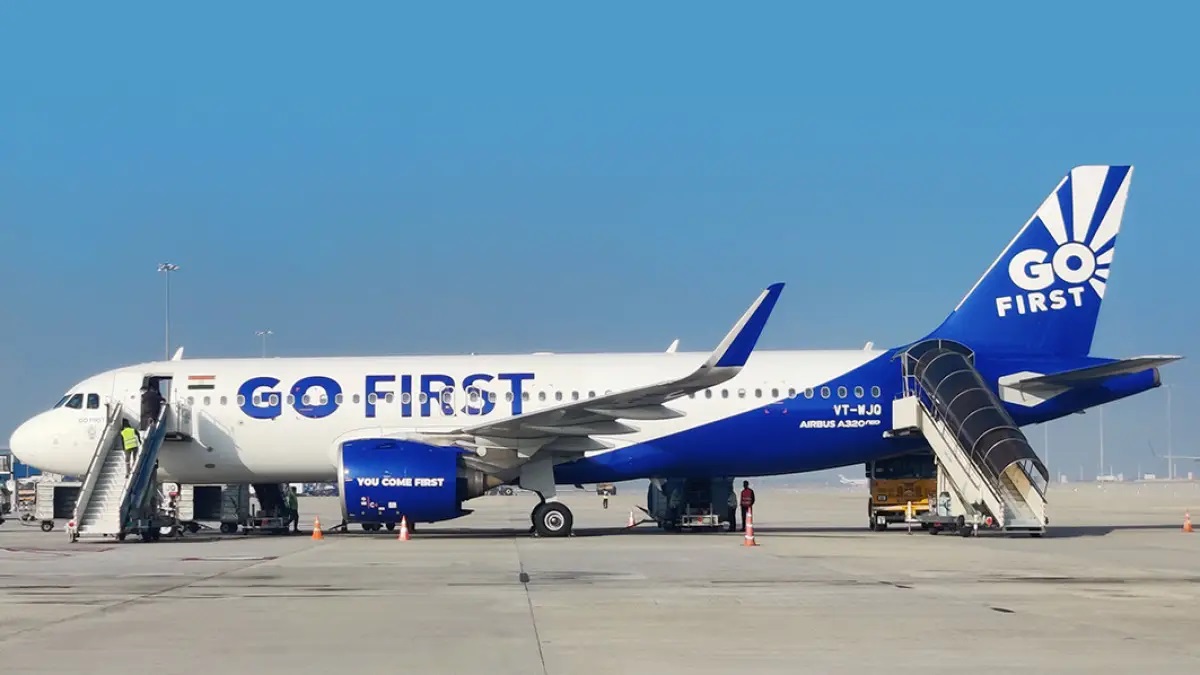The Ministry of Civil Aviation in India (MoCA) has expressed its commitment to maintaining the confidence of aircraft lessors in the Indian aviation market by reducing their risks. This commitment comes in response to changes made to the Insolvency and Bankruptcy Code (IBC) by the Corporate Affairs Ministry on October 3, allowing aircraft lessors to recover their aircraft during insolvency proceedings.
The Civil Aviation Ministry noted that the earlier IBC regime was affecting agreements between Indian airlines and foreign lessors. It was estimated that Indian carriers were spending USD 1.2-1.3 billion more in rentals due to difficulties in aircraft recovery.
The key change introduced by the Corporate Affairs Ministry was the declaration that Section 14(1) of the IBC, which imposes a moratorium on the admission of an insolvency plea, would not apply to transactions, arrangements, or agreements related to aircraft, aircraft engines, airframes, and helicopters. This change was aimed at addressing the roadblocks faced by lessors when repossessing aircraft.
The Civil Aviation Ministry emphasized that the earlier IBC regime, which imposed a moratorium on aircraft recovery, could result in a reduction in the supply of aircraft on favorable terms to Indian airlines. This, in turn, could impact the entire aviation industry, potentially leading to higher airfares and affecting sectors dependent on connectivity, such as tourism and cargo.
The Ministry stated that the changes made on October 3rd are in line with civil aviation treaties and conventions that India is a party to, including the Cape Town Convention. The Cape Town Convention, established in 2001, aims to protect the repossession rights of aircraft lessors and creditors, reducing the risk associated with aircraft financing and insolvency situations.
The changes in the IBC have been positively received by the Aviation Working Group (AWG), a global watchdog representing aircraft manufacturers and leasing firms. The AWG had previously expressed concerns about India’s compliance with international aircraft repossession norms. However, with the recent changes, they issued a positive watch-list notice, anticipating an increase in India’s compliance score.
It’s important to note that nearly 80% of Indian airlines’ fleet is leased, making the protection of lessors’ interests a significant aspect of the Indian aviation industry’s stability and growth.






